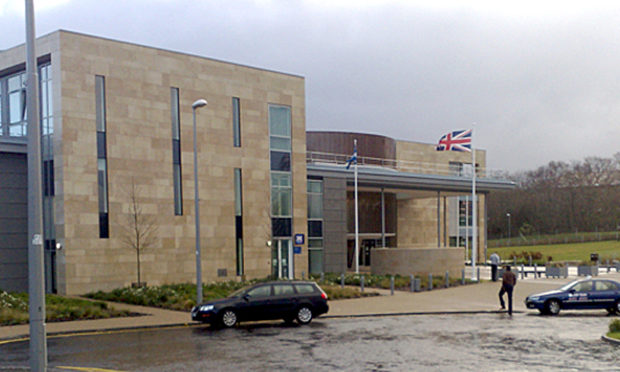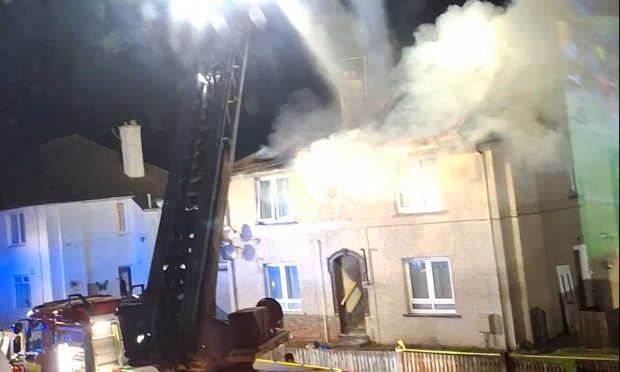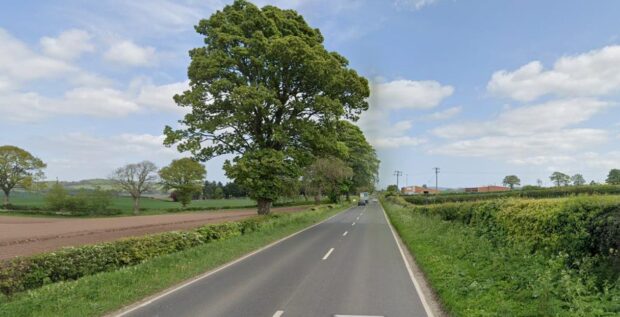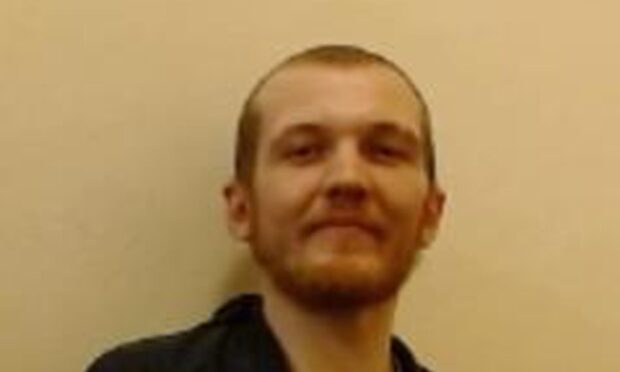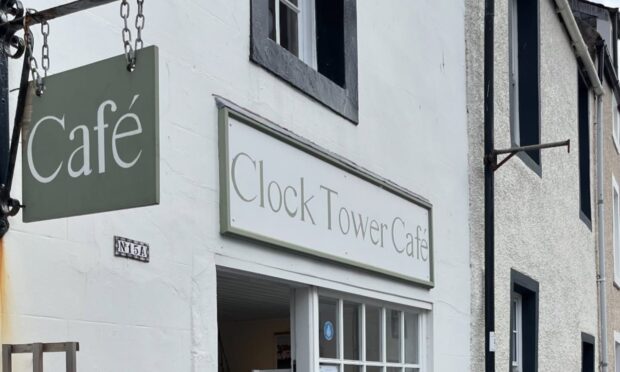A local charity which supports abuse survivors has raised serious concerns after a Fife man was cleared of rape by reason of “sexsomnia”.
Darrell Swanson, 39, from Dunfermline, walked free from Livingston High Court earlier this week after a jury returned not proven verdicts on allegations of three historical rapes.
Mr Swanson had argued he suffered from a rare condition called “sexsomnia” which meant he was completely unaware he was having intercourse during the night.
However, the Dundee-based Eighteen and Under (18U) charity believes the outcome sets a “dangerous precedent” and may pave the way for the result of the case to be used an excuse by abusers in future.
Clare Barrie, a promotional worker with 18U, explained: “Abusers put up serious barriers to disclosing abuse for young people. The fact is many don’t speak out for many years due to fear of not being believed.
“This could prevent justice, perpetuate abuse or play into a TV trope of a sleep disorder with little research into causes and prevention.
“To prevent this type of abuse occurring, research into ‘sexsomnia’ is critical in raising public awareness and proposing what effective protective measures should be in place to protect children and adults from suffering through traumatic sexual abuse.
“Violence and abuse prevention in schools also educate children and young people about personal safety and give them a place to speak up.
“Safe places for young people to talk confidentially will enable and empower survivors into bringing abusers to justice more quickly and get them the vital support they need.”
Swanson has always denied three historical rapes, two of them involving a woman now aged 36 and a third involving her younger sister, now aged 30.
She said she found out about the rare disorder on Google but her initial belief that Swanson might be suffering from it changed when he answered her one night as if completely awake.
She said her sister also filed a complaint alleging she had been raped in her sleep after a drinking session with the accused when she was aged 15 or 16.
Experts say sexsomnia is most likely to occur in deep sleep, when thinking and awareness is switched off, but the part of the brain responsible for basic urges is still active.
Tayside expert’s evidence during trial highlighted rare disorder
During Swanson’s trial at the High Court at Livingston, Dr Ian Morrison, a consultant neurologist with NHS Tayside and a specialist in sleep medicine, gave evidence that it was “entirely possible” that his defence was true.
He said: “It’s almost exclusively the case that there’s a lack of recall.
“Some see it as a bit of a joke and laugh it off. Some find it very embarrassing and some are sympathetic to the position.”
Dr Morrison said factors such as sleep deprivation, stress, anxiety or drinking alcohol could trigger a sexsomnia episode.
Swanson said in evidence he had money worries after losing his job as a bus driver and admitted drinking alcohol before some of the alleged incidents.
Asked about Swanson’s admitted episodes of “nocturnal groping behaviour” – grabbing the breasts and thighs of women he slept with – Dr Morrison said that could be another symptom of the condition.
He said “sexual behaviour” in sleep was not exclusively intercourse but could include other acts.
He added: “He has a history of sleepwalking, also of jumping out of his bed because he thinks things like spiders are in his bed. We know from his wife that he talks in his sleep as well.”
